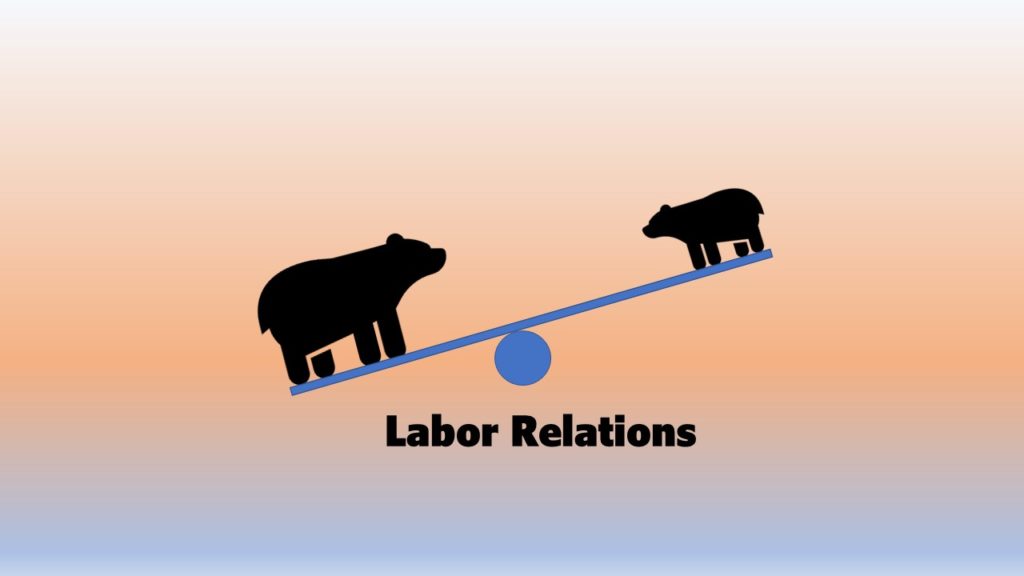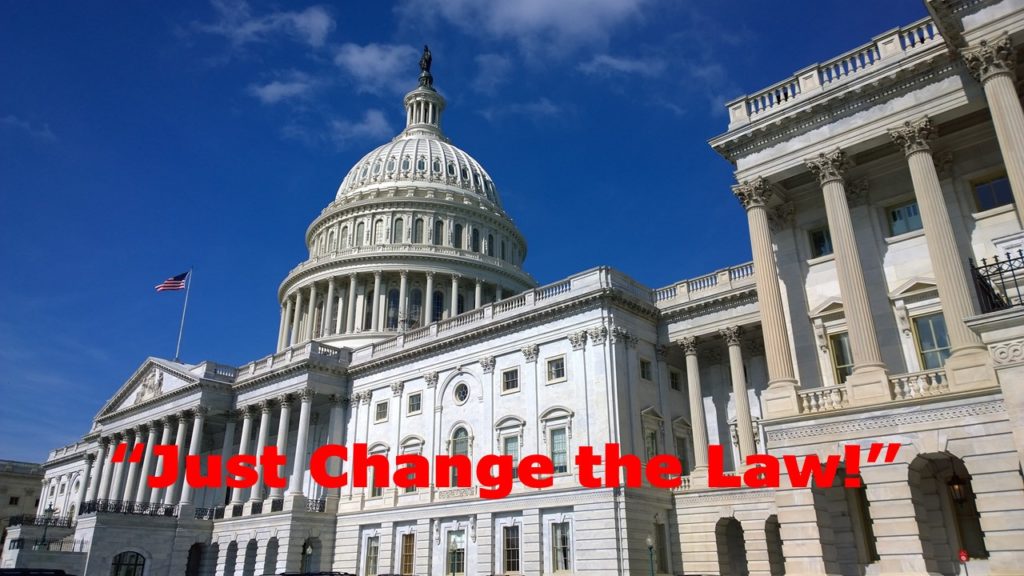Several years ago, I was working with a group of Australian colleagues on some challenging labor situations in a U.S. based operation. As ideas were being tossed about, there was a frequent and common response, “No, we can’t do that. It is prohibited under the Act (National Labor Relations Act).” To which they responded, “This is nonsense. You need to contact your representatives in Congress and get that antiquated law changed!”
The National Labor Relations Act of 1935, has been amended several times over the years to adapt to the dynamic needs of the economy, labor, employees and employers. During the Obama era the Employee Free Choice Act (EFCA) was pushed as legislation, but not passed. Executive orders along with NLRB decisions continued to reshape labor relations in dramatic ways. Then in 2019, organized labor’s political supporters presented a wish list which evolved to become H.R.842 – Protecting the Right to Organize Act of 2021, the PRO Act. This piece of proposed legislation cannot be ignored by any employer in any sector, large or small, because of its ability to drastically change the employer/employee relationship, the workplace, and the economy.
Here is a quick summary of nine significant ways the PRO Act could adversely affect your organization’s future.
“The PRO Act Would Do What?”
1. Right-to-Work No Longer an Option
There are currently 28 states that enacted Right-to-Work measures. The PRO Act would nullify state law and would require all employees to pay union fees where collective bargaining agreements cover that workforce. Currently, those same employees not choosing to join the union could not be forced to pay union fees.
2. Codify “Ambush” Elections
An NLRB ruling from 2014 would become law, resulting in the speeding up of representation elections making it more difficult for employers to react and respond to the union’s efforts. Employers would be required to turn over all employees’ contact data and the employee could not opt-out.
3. Stealth Applies to More Than Aircraft
Not achieved through EFCA, the PRO Act would utilize a “stealth” card check process to organize a workplace. The union could still win an election even if the votes don’t support them. If more than 50% of the employees sign cards and the employer is charged with an unfair labor practice and can’t prove its innocence, the Board will certify the election for the union. This process makes it extremely difficult for employers to prevail in representation elections.
4. You, Your Labor Partner, and the Federal Government
Under the PRO Act, the labor agreement you were accustomed to negotiating with your labor partners would be subject to intrusion from the federal government. Situations such as mandatory first contract arbitration, obligation to begin bargaining within 10 days upon receiving a written request from a newly certified union, are just a few of the ways the federal government will help you reach an agreement that may not be in your best interest.

5. The Rules Don’t Just Change, They Expand
The PRO Act would significantly limit an employer’s ability to present their side of the story in representation cases. Expanded unfair labor practices would await the employer at every turn. The original doctrine of the Act “to eliminate the causes of certain substantial obstructions to the free flow of commerce”, would be upended by legalized intermittent strikes and secondary boycotts. In addition, the PRO Act would make permanently replacing striking employees an unfair labor practice.
6. Being Persuasive Has Consequences
The “persuader rule”, originally introduced during the Obama administration, would be revived under the PRO Act. This rule refers to the use of labor consultants who are often brought in during organizing campaigns to support the employer and either give advice to the employer or meet with employees. The PRO Act would also make requiring employees to participate in meetings, training, town halls, or other activities during an organizing campaign an unfair labor practice.
7. Who Really Works for Me?
Much has been discussed regarding the ABC Test for independent contractors, especially as it relates to individuals in the gig economy. The PRO Act incorporates California’s AB-5 language but does not include the exemptions California was forced to recognize because of the impact on its economy. In addition to the damage this will cause to the overall economy, many workers would be targets for unionization. The Biden administration took immediate action against the Trump administration’s joint employer rule. In July of this year, the Biden DOL announced that under the FLSA, “an employee can have more than one employer for the work they perform. Joint employment applies when for the purpose of minimum wage and overtime requirements – the department considers two separate companies to be a worker’s employer for the same work.” The final rule went into effect on September 28, 2021.
8. Get a Calculator – The Fines Keep Adding Up
If you have worked in an organized labor environment, you have seen arbitration awards granting back pay. The PRO Act brings new dimensions to the term “back pay” with front pay provisions, consequential damages, and liquidated damages. Punitive damages, attorney’s fees, and penalties up to $100,000 for each violation. The PRO Act also imposes personal liability on “any director or officer of the employer who directed or committed the violation, had established a policy that led to such a violation or had actual or constructive knowledge of the authority to prevent the violation and failed to prevent the violation.” Those decisions are determined by the NLRB, which by the way, is majority pro-labor during the Biden administration.

9. Things Are Looking Very Lopsided
Employers have utilized a number of measures to counter organizing campaigns or negotiate a new agreement. Maintaining existing terms and conditions of employment pending a new agreement becomes a requirement under the PRO Act. Preventing the use of your email servers for organizing activities also becomes an unfair labor practice if the PRO Act becomes law.
In the midst of spending battles in Washington, the pandemic, immigration issues, and foreign policy challenges, the PRO Act is not sleeping quietly. It sits in the Senate’s Committee on Health, Education, Labor & Pensions and will eventually come to a Senate vote in one form or another. The AFL-CIO website states, “Our nation’s labor laws are woefully outdated and have become ineffective as a means for working people to have our voices heard.” Labor is marketing this piece of legislation aggressively with media ads across all platforms promoting it to build back from the pandemic. “Woefully outdated” or “antiquated”, terms meaning the same but used by both sides of the labor coin. Have you evaluated the potential impact to your organization if any of these nine scenarios were to happen? And most importantly, how are you leading and taking care of your people so that external representation isn’t a consideration or is no longer needed? Time to evaluate and act; waiting comes at an enormous cost.

